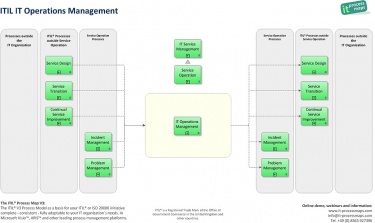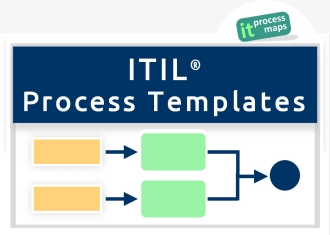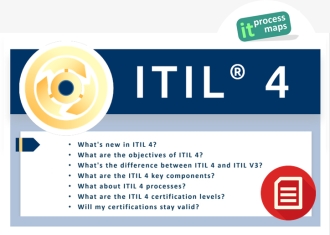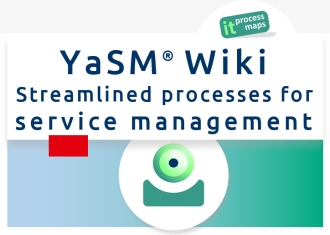IT Operations Management: Difference between revisions
mNo edit summary |
mNo edit summary |
||
| Line 1: | Line 1: | ||
< | <itpmch><title>IT Operations Management | IT Process Wiki</title> | ||
<meta name="keywords" content="itil operations management, it operations management, operations management itil" /> | |||
<meta name="description" content="IT Operations Management: ITIL process definition - Sub-processes - Terms - Additional information on IT Operations Management." /> | |||
</itpmch> | |||
<imagemap> | <imagemap> | ||
Image:ITIL-Wiki-de-es.jpg|DE - ES - IT Operations Management|100px | Image:ITIL-Wiki-de-es.jpg|DE - ES - IT Operations Management|100px | ||
| Line 14: | Line 17: | ||
<p> </p> | <p> </p> | ||
'''Part of''': [[ITIL | '''Part of''': [[ITIL Service Operation|Service Operation]], ITIL 2007 | ||
'''Process Owner''': [[IT Operations Management#IT Operations Manager|IT Operations Manager]] | '''Process Owner''': [[IT Operations Management#IT Operations Manager|IT Operations Manager]] | ||
Revision as of 12:57, 14 July 2013

The objective of IT Operations Management is to monitor and control the IT services and IT infrastructure. IT Operations Management executes day-to-day routine tasks related to the operation of infrastructure components and applications.
Part of: Service Operation, ITIL 2007
Process Owner: IT Operations Manager
IT Operations Management
Process Description
IT Operations Management is part of ICT Infrastructure Management in ITIL V2, where some operational aspects are described in more detail as in the new ITIL V3 books.

Interfaces between IT Operations Management and the other ITIL processes were adjusted in order to reflect the new ITIL V3 process structure.
No sub-processes are specified for IT Operations Management.
Remark: IT Operations Management is covered within IT Operations Control in ITIL 2011.
ITIL Roles
- IT Operations Manager - Process Owner
- An IT Operations Manager will be needed to take overall responsibility for all of the IT Operations Management activities. He will ensure that all day-to-day operational activities are carried out in a timely and reliable way.






